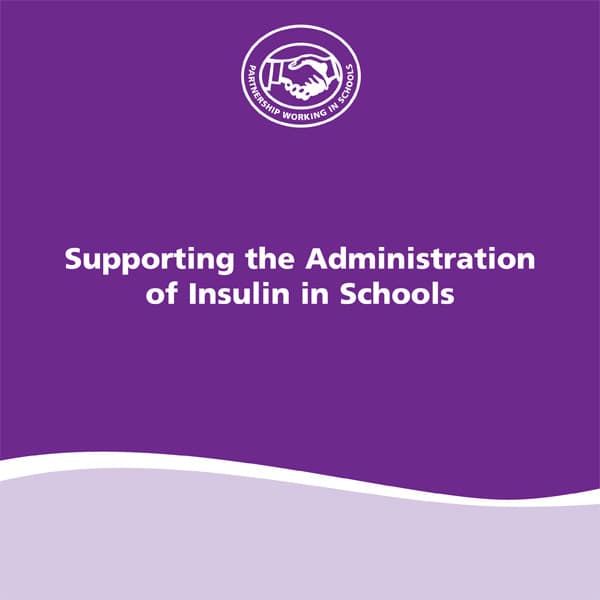Summary
Changes from twice-daily insulin to basal bolus regimens in children presented Nottingham Children’s Hospital (NCH) with a problem. While the regimen was better at controlling diabetes in children, it meant they were likely to need to administer insulin during the school day, and schools were often reluctant to help with this, usually because of genuine concerns about making a mistake and harming the child. This often meant parents attending school during the day to give their child insulin.
A team from NCH, local PCTs and the city and county education authorities decided to tackle the problem.
Results
As a result of the project all children in Nottinghamshire who require an insulin injection at school now have it administered by a member of the school staff. Additionally the work of the team has been recognised at two prestigious national meetings (Diabetes UK 2008 and Association of Children’s Diabetes Clinicians meeting 2008) and the document is available to everyone in the UK via the Diabetes UK website.
The team at the Children’s Hospital have evaluated the outcomes of children starting on a basal bolus regimen from diagnosis. The findings demonstrate a significant improvement in the duration of the honeymoon period. Double the number of children who are put on a basal bolus regimen rather than on twice-daily insulin from diagnosis had an HbA1C of less than 8 per cent a year after diagnosis.
Challenge
The aims were to ensure that every child who needed support in managing their diabetes in school received it: schools needed to be happy about providing such support and aware of their rights and responsibilities in doing so.
The join taskforce also wanted to ensure staff providing support (including, if necessary, giving insulin injections) were fully trained and the child or young person with diabetes and their family would feel confident and happy with dealing with their diabetes at school.
Finally, they wanted to ensure every child or young person with diabetes would be fully able to participate in all aspects of school life and not suffer any disadvantage as a result of having diabetes.
Solution
Led by a paediatric diabetes nurse, the Assistant Special Educational Needs Officer for Access and Diversity at Nottinghamshire County Council, the first step was to develop clear written guidance for schools. The document was published in October 2007. It set out the responsibilities and provided information on what diabetes is and how emergencies at school should be managed.
To support the document three half-day training events were held in early 2008 for school staff. Staff from across Nottinghamshire attended the sessions and attendees included school nurses, teachers, teaching assistants, secretarial staff and lunchtime supervisors. Following excellent feedback, the education sessions were run again and well over 250 staff from schools across the whole of Nottinghamshire attended.
In 2010, sessions were extended to Nottingham City Council and now form part of the Councils' rolling education programme. Two to three sessions are run each year for both Nottingham City and Nottinghamshire County Councils. To overcome funding cutbacks sponsorship funding has been secured from the blood glucose monitor companies.





